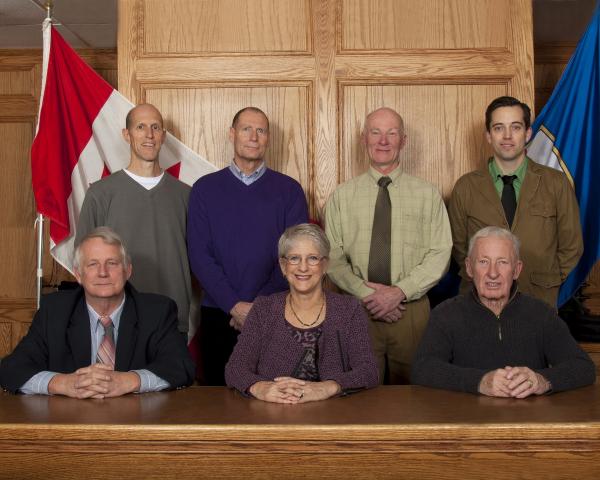NEW DELEGATION BYLAW GETS FIRST READING
Our old Delegation Bylaw # 2473 from 2009, which is current but not in use, was drafted by then-CAO Victor Kumar and it boldly gave to the Chief Administrative Officer or deputy “all of the powers, duties and functions of Council under s. 154 (l) (b) of the Community Charter to make agreements respecting the City’s activities, works or services, but subject to the limitations on that delegated authority as set out in the City’s purchasing policy and under s.154(3) of the Community Charter to appointment (sic) and terminate employees in accordance with the positions approved in the Financial Plan and appoint Officers authorized in the City’s Officers” (sic) Bylaw.”
To be clear, the 2009 delegation bylaw enabled the CAO even to hire and fire. It enabled him to do everything except pass bylaws and give approvals that are required by legislation to be given by Council. It was a sweeping transfer of authority.
After consulting with legal counsel, new Interim CAO Mike Maturo has presented Council with a draft new Delegation Bylaw #2592 that received first reading at Monday’s regular Council meeting.
Do we really need a delegation bylaw?
There are many routine matters that staff are more than competent to deal with, and which would be a very heavy burden for Council to manage. It is necessary for Council to pass a bylaw delegating authority to staff to manage day to day and routine decisions that are guided by policies or bylaws.
What’s different about the new version?
Delegated powers in the new draft bylaw are much more restricted and carefully defined. When Councillor Aaron Cosbey asked how it differs, Interim CAO Mike Maturo got a hearty laugh from Council when he explained, “I can’t go out and get a retractable roof over the pool … I can’t go out and spend $25,000 on a set of engineered drawings.”
One of the specified powers in the new bylaw is the ability to “bring proceedings in court” to enforce bylaws, or to obtain injunctions to prevent contravention of bylaws or, for example, the BC Building Code. Moore stated that she wants a provision included requiring the Administration to notify Council of any such proceedings at the earliest opportunity.
Cosbey explained that he was asking about the effects of the new draft bylaw because he felt that the previous Council, when they approved the delegation bylaw, “didn’t know what … they were doing” and wants to ensure that this Council doesn’t fall into the same trap. He indicated that although he trusts Maturo implicitly, he doesn’t want to “make that kind of irresponsible decision.” Maturo explained that he used an earlier delegation bylaw as a starting point because he thought it was a “fairly balanced” one; and he committed to providing a summary of the differences between the 2009 version and the new draft delegation bylaw that has just received first reading. That summary should appear at a future Council meeting.
























